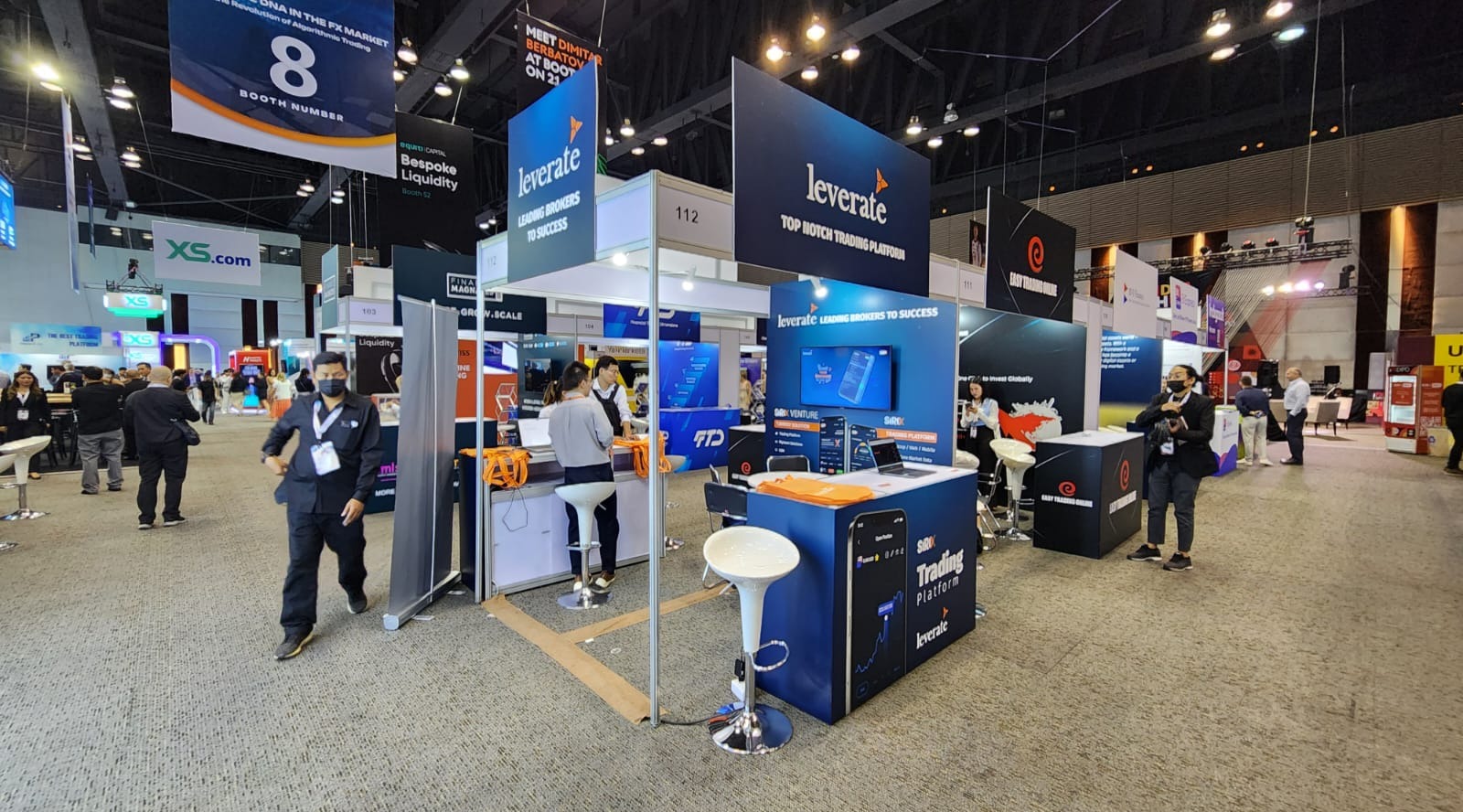Germany's financial regulator, BaFin, has imposed a €12.975 million ($13.82 million) fine on Citigroup Global Markets Europe AG (Citigroup) for breaching obligations related to algorithmic trading under the country's securities trading laws.
Citigroup Penalized by BaFin for Algorithmic Trading Infractions
The violations occurred in May 2022, when Citigroup failed to have appropriate risk controls in place to ensure its trading systems were subject to proper trading thresholds and limits. The investment bank also did not prevent the transmission of erroneous orders, which can trigger or contribute to market disruptions.
Although Citigroup had outsourced its algorithmic trading monitoring and administration to its London-based affiliate Citigroup Global Markets Limited, the German unit remains responsible for the proper design of the trading system. In this case, the system did not detect a manual input error by a London-based trader, resulting in the transmission of incorrect orders that caused a market disruption.
“Investment firms engaged in algorithmic trading, like Citigroup Global Markets Europe AG, are required to have certain systems and risk controls in place. In algorithmic trading, a computer algorithm automatically sets individual order parameters,” BaFin explained in Thursday’s announcement.
According to the regulator, this is critical to mitigate risks posed by overloaded systems to capital markets. Companies must also prevent the transmission of erroneous orders.
Violations of these obligations can result in BaFin fines of up to €5 million or 10% of total revenues. The fine imposed on Citigroup is legally binding.
Interestingly, this marks another fine Citigroup has had to pay in Europe related to algorithmic trading. In May, the UK's FCA imposed a significantly higher fine on the bank of £61.6 million ($78.24 million) due to a system error that inadvertently led to the sale of $1.4 billion worth of equities across European exchanges.
As for BaFin, the German regulator has recently also fined N26, a neobank, which allegedly had deficiencies in reporting suspicious activities in 2022.


















